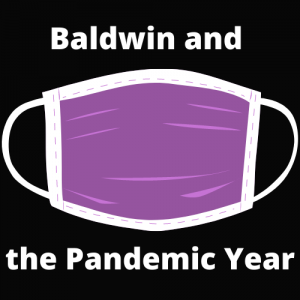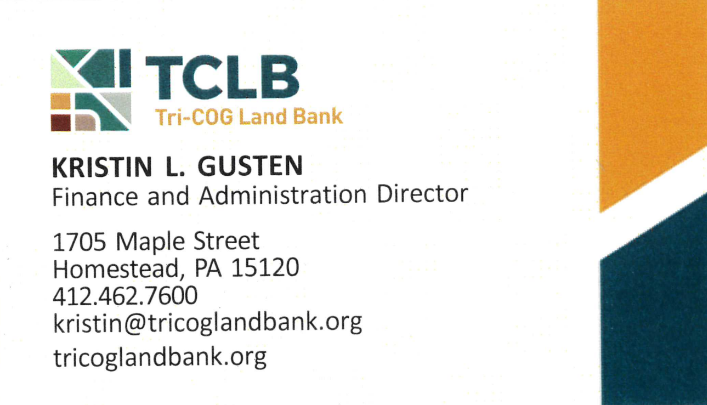Opinion: Not everyone is ready for pandemic isolation to end
After a year of isolation, though, people who grew used to the calm, solitary environment of quarantine will soon have to face a reopened and once again bustling society.
March 25, 2021
A little over a year after the nation was shut down due to coronavirus, states are beginning to lift the mandates that placed citizens under strict social distancing rules. However, the mental effects of that year-long distancing will still linger.
For some, staying inside and avoiding large groups of people came as no difficulty. In fact, many introverts or those with social anxiety felt relief at what seemed like a temporary break from the busily social world.
After a year of isolation, though, people who grew used to the calm, solitary environment of quarantine will soon have to face a reopened and once again bustling society.
So while much of the population celebrates the expected return of concerts, parties, and in-person meetings, what will happen to those who dread the now-unfamiliar chaos of everyday life?
Put simply, a year of isolation and social distancing has taken away the social exposure that conditions people to face their fears and anxiety. Now, they are once again being thrust into the unknown.
This is an issue that, while hardly focused on by the news, affects people of all ages.
Young children have lost out on formative time to build social skills, teens have forgotten how to manage the stress of an in-person school day, and many adults will soon face the return of a face-to-face workplace.
Mental health resources were widely distributed to help cope with the beginning of lockdown, but far less attention is being given to the effects of its ending.
Just as society prioritized the mental health of socially fueled people going into an age of lockdowns and isolation, it needs to allocate time and resources to those who, mentally, cannot fathom returning to life as we knew before coronavirus.





